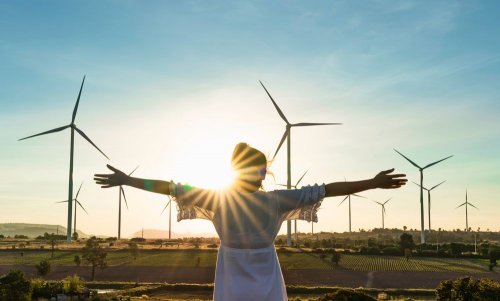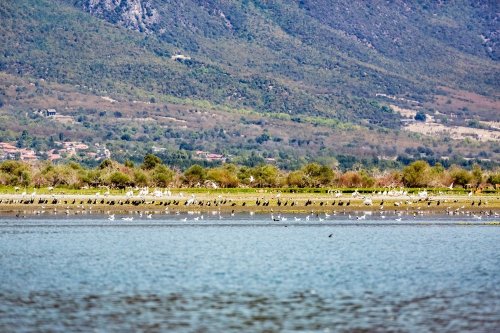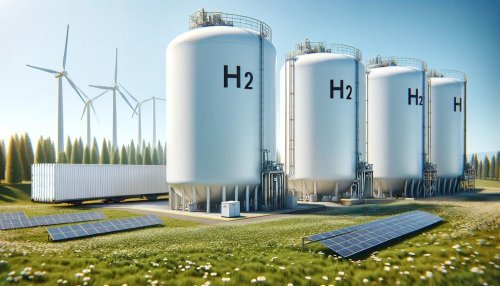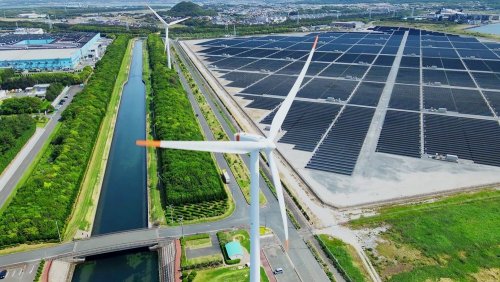Five countries from the "Big Seven" (G7), namely the United Kingdom, the United States, Canada, Japan and France, announced an alliance aimed at ousting Russia from the international nuclear energy market.
Countries will develop their own nuclear energy resources and renewable capacity, according to GOV.UK.
It is noted that the agreement will become the basis for completely pushing Russia out of the nuclear fuel market, and to do it as soon as possible. The countries seek to ensure a safe supply of uranium fuel by developing joint supply chains that isolate the Russian Federation. In addition, the agreement will strengthen the countries' nuclear energy sectors, increase their cooperation and reduce the electricity bill for British families.
The report emphasized that nuclear generation currently produces about 15% of electricity in Great Britain. The country plans to increase this indicator to 25% by 2050.
Britain's energy security minister, Grant Shapps, told the G7 energy ministers' meeting in Sapporo, Japan, that the deal and investment in renewables would be a key part of the country's energy independence.
He emphasized that Great Britain seeks to make it impossible to use energy as a weapon. For this, in addition to isolating Russia, investments in clean, cheap and safe sources of energy are also necessary. This is what the Powering Up Britain plan is all about.
Shapps emphasized that Great Britain is already a world leader in the field of renewable energy sources. Thus, in 2022, almost 40% of the country's electricity was generated from alternative sources. The country is ready to share the experience of deployment of green generation.
It is noted that the G7 members also agreed to accelerate the phase-out of fossil fuels, in particular coal. They agreed to work together to stop the construction of new coal-fired power plants.
"This is confirmed by the new collective targets for the use of offshore wind and solar energy for the G7 - to increase the capacity of offshore wind energy by 150 GW and solar photovoltaic energy by 1,000 GW by 2030," the statement said.
The report explained that Great Britain will account for a quarter of the offshore wind energy target.
It is noted that the country has also become a leader among the G7 in phasing out gasoline and diesel cars. The group has committed to achieving 50% of sales of cars and vans with zero emissions by 2050.
The message emphasized that as more and more countries will abandon fossil fuels in favor of renewable sources, this will irreversibly close an important stream of income for Russia.
As EcoPolitic previously reported, the climate ministers of the G7 (G7) countries may advocate new investments in gas supply, despite globally agreed goals on climate change.





